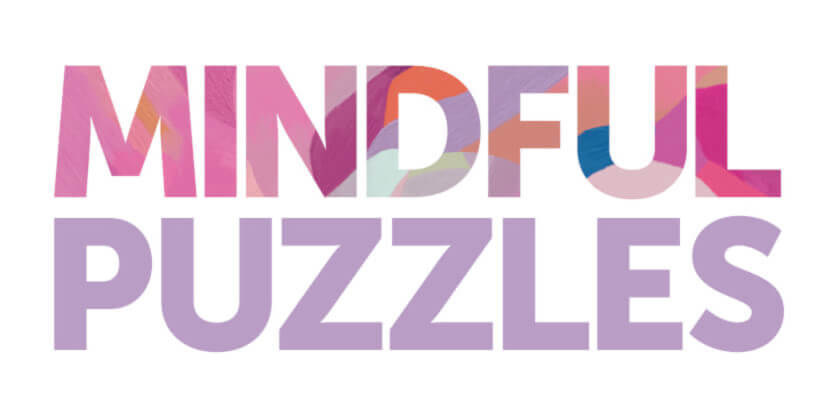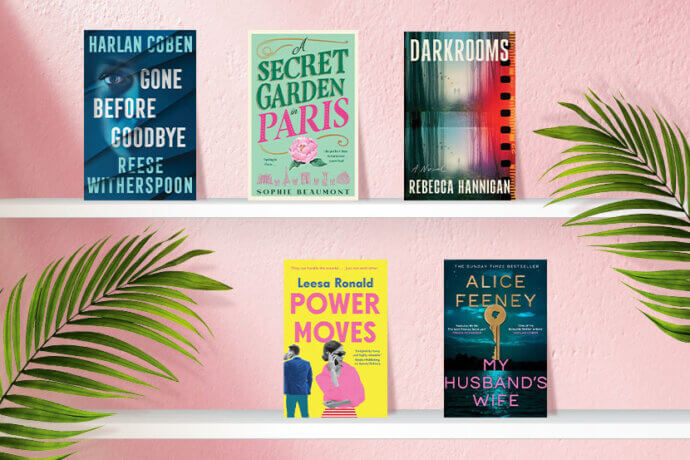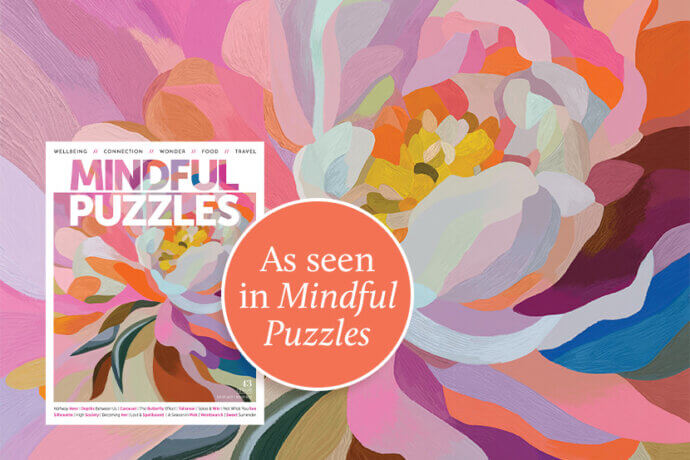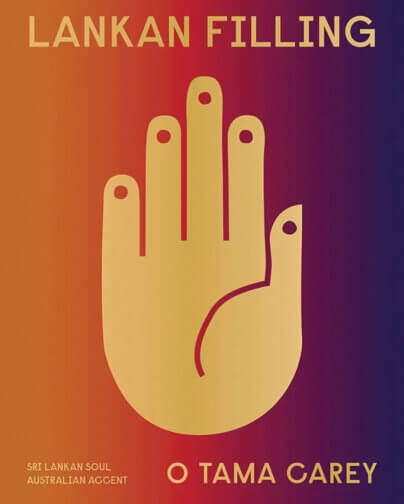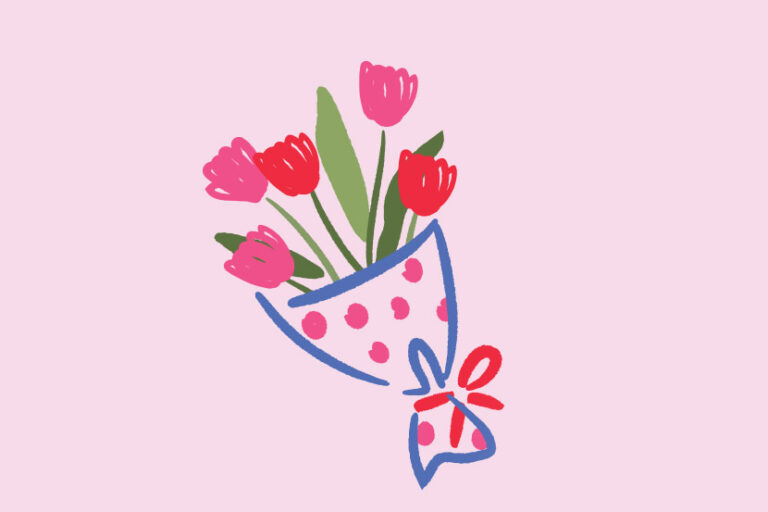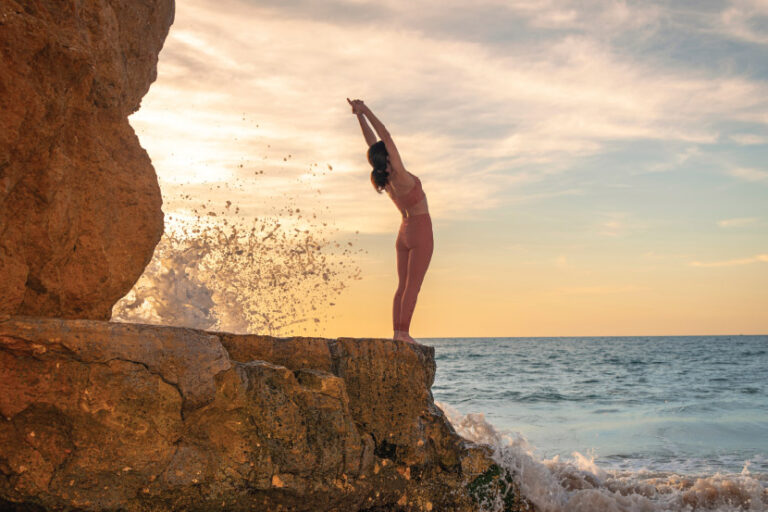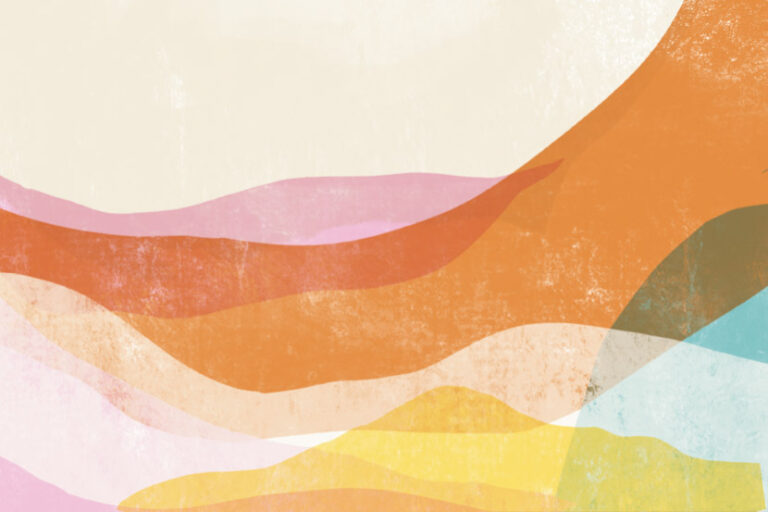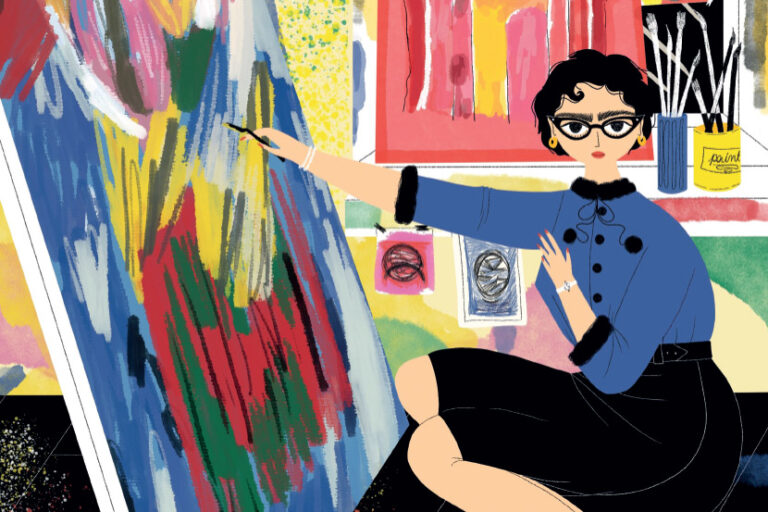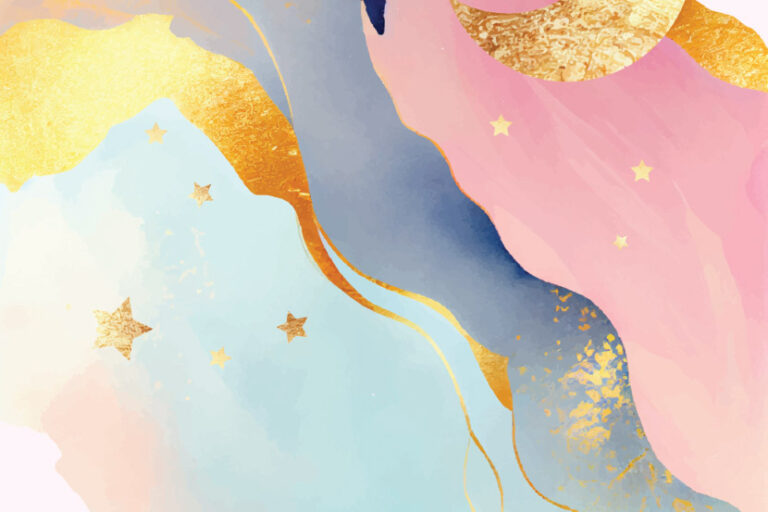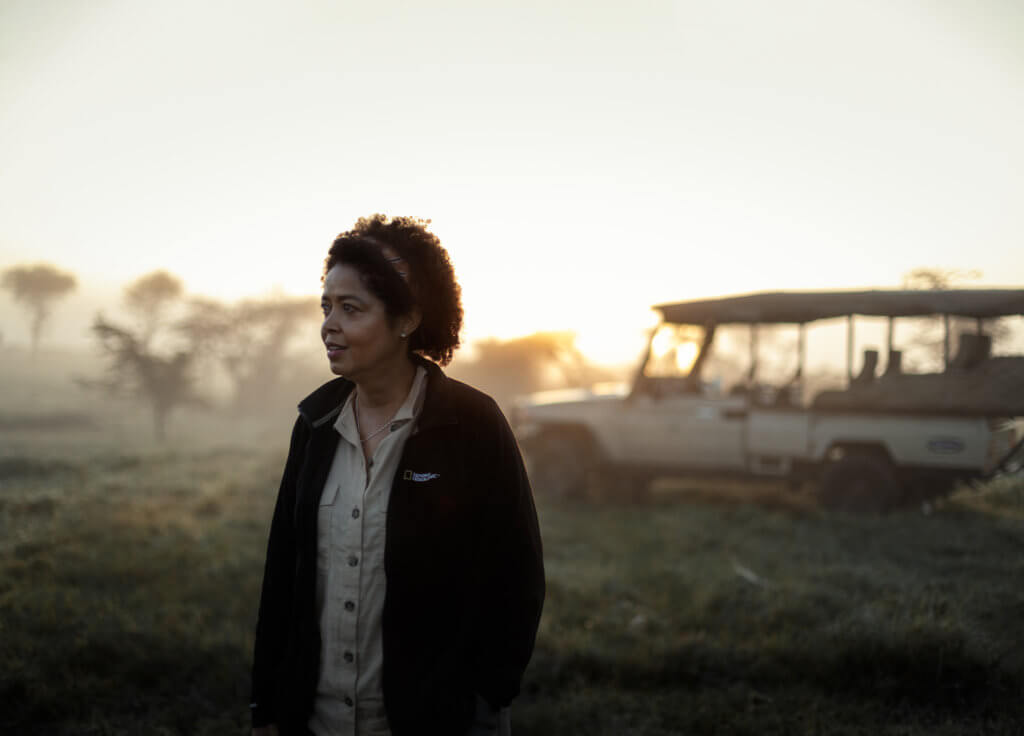
Celebrated Kenyan conservationist Dr Paula Kahumbu’s passion for Africa’s elephants has made her a force to be reckoned with. Donnay Torr caught up with her shortly after her 2021 Whitley Gold Award win.
As a child, was there a moment that you fell in love with nature?
I grew up in a part of Nairobi that was wild and green and full of animals. When I was 15, I was invited to go on a month-long scientific expedition into Northern Kenya. Very few kids applied for it, maybe 40 kids among all the high schools in Nairobi. Only 10 of us were selected to go. I had no idea what the heck this expedition was going to be like, but I read lots of books and I used to inhale stories about explorers, so, yay! I’m going to be an explorer! So, off I go on this expedition into Northern Kenya, with a group of students and some camels and some local people we can’t communicate with because we didn’t speak the same language. It was the wildest, most amazing thing, and what I took from it was that yes, this is the life I want to live.
It’s a different kind of experience to what most of our young people have!
Most of my city friends at school thought I was nuts; they couldn’t compute what it was that I had just done. But for young Kenyans who grow up in rural areas, it’s understandable and relatable, because there are lots of animals all over the place. Keeping that sense of discovery alive is one thing we’re trying to do with [TV series] Wildlife Warriors and our education program for kids. We’re telling them: ‘Yeah, nature is all around you, you’re lucky because you’re not sitting in London where the presence of a squirrel is big news!’ Getting kids to pay attention and learn about the interaction between animals, ecosystems, and us is such a rich area of development, and a great way to sow a seed of concern and care for nature.
Can you remember what sparked the conservation fire in your belly?
The fact that nations half the world away were making decisions that would impact on Africa’s wildlife. The ivory trade was being debated at an international conference by countries that don’t care about elephants, they only care about ivory and their culture of carving ivory. I felt it to be an injustice that people were arguing that the way global economies work was a good enough theory to save Africa’s elephants – even though time and again, economic theories have been proven to not exactly work as they appear in theory.
As long as these fights were being played out at international conferences without the engagement of local people, we would always lose. The idea of making this issue appeal locally by educating the public and getting people interested and excited about our own wildlife heritage, to let them see that it is ours, not just something for foreigners and tourists, and reminding people about our ancient traditional cultural connections to nature; that really excited me.
When I first started, people thought I was crazy, that it would never work, and that people wouldn’t care. But the level of public engagement has been amazing.
Much of your hands-on education work involves local communities, often the people most affected by the fallout of poaching. What message resonates with them most?
One of the biggest things we use is the connection that our tribes have with wildlife. Elephants are considered sacred for some people, as their origin story involves elephants. And so, if people in the Maasai tribe come upon a dead elephant they will bless it, and cover it, and they believe elephants will do the same for humans. The word that one of our tribes uses for elephant means ‘thunder’ – they relate it to something much bigger than ‘just’ an elephant. Invoking our traditions and belief stories is very powerful.
Also, kids are powerful influencers of their parents. When we started doing demonstrations, thousands of children would show up, wanting the t-shirts, wanting to carry the placards, wanting to have a voice. I think the idea that young people can have a say was very powerful. I had envisioned it as a local Nairobi march, but they came from all over the country, they even came from neighbouring countries. I asked them why, and they would say, ‘This is the only thing I can actually do’. We did a survey asking Kenyans whether they would volunteer for wildlife – they see marching as a form of volunteering – and just in Nairobi City, over 55 percent of people said they would volunteer. That is phenomenal, that so many people would volunteer for wildlife.
Your proposed Environmental Justice Desk for Kenya will be the first such endeavour in the world – what are you hoping it achieves?
The reason why we wanted to create an Environmental Justice Desk in the first place was because of how many calls, emails, texts, DMs and so forth I was getting from people asking for help on everything from dealing with human/ wildlife conflict and destroying ivory to invasive species coming into the country. I found that most people would not directly report to government, for various reasons: they don’t trust them, they don’t know which agency to report it to, or they just don’t know how to report it. Part of it is that people feel scared and are worried that they will get targeted by powerful people or by government officials and that their lives will be at risk.
So, I called the National Environmental Complaints Committee (NECC, which is the relevant government agency, but nobody uses it!), and I said, ‘Look, I got this award and I want to help you.’ And he said, ‘But we already have this thing’ and I said, ‘Yeah, but it’s clearly not having an impact’. And he said absolutely, let’s partner. We are going to help amplify, market, and promote the presence of this entity, and put in place a proper tracking system to track the number of complaints made, the various agencies they were referred to, and the outcomes. It adds a level of transparency and improves accountability and visibility. We’re also going to educate people about lodging a complaint in a way the government will understand and respond to.
But it’s not just about environmental justice – it’s human justice, too. People’s lives are being impacted by things like climate change, by what the neighbours are doing, by pollution upstream, so it’s really justice for people, not just justice for animals that can’t speak for themselves, but also for the people who live in those environments.
How do you keep going in the face of challenges?
Look, I can get very angry, and it can be frustrating. But, at the same time we do have a fantastic body of activism in Kenya. Kenya has a long history of freedom of press and freedom of voice, it’s not as good as I would like it to be, but it means that there is a body of people in all sectors of justice who are having discussions, and people can have public discussions about everything from human rights to medical rights, education rights, all kinds of rights that are being violated. In one case, a woman took a huge company in the ministry to court over the releasing of lead into the waterways, which affected people downstream. Her advocacy work translated into every single hospital in Kenya being mandated to be able to test for lead. It’s amazing, one person can make such a big difference.
And when you get recognised by things such as the Whitley Awards, it becomes a reference for all Kenyans: ‘Hey, this is how you actually move the needle’ – that’s what keeps me going. Yes, it feels impossible, but we just have to break things down into bite-sized pieces. You have to find who is on your side, where the alliances are that can be built, what the actions are that need to be taken.
What are the highlights of your work?
There are so many extraordinary moments, especially while out in the field. A lot of our work has focused on saving elephants and creating public support. My series Wildlife Warriors shines a light on the heroes on the ground. Last season we did an episode on two extraordinary women who are studying elephants in the Amboseli National Park, and we went out to spend time with the elephants. We got very close to a group of bulls, we must have been about four or five metres away from them. They were standing up, and sleeping while standing, which was amazing!
The next day, I said, let’s go back and get MORE footage. This time we went with a National Geographic film crew. The bulls had walked out into an open area, and again, they went to sleep – but this time, they lay down. Now, look, elephants don’t just lie down like a dog and then roll over. Elephants, they fall with a massive thwack, you can see it happening, and I was like, ‘Oh my God, they’re going to fall over so quickly put your cameras on!’ But it was just too late: elephants will throw their trunks up in the air, and then they will literally just fall over, with a massive rumble. And they’ll lie there, and they’ll snore – eight huge bull elephants laying down sleeping. These were some of the biggest elephants in Africa, and they were having a nap literally right in front of us, which in a way signifies their trusting us.
A phenomenal moment!
Those are the kinds of experiences that remind me that it is important we keep the needs of those animals at the forefront, and that we experience them in a way that reminds us of what it looks like when they’re natural. I take children and teachers into the wild for some of their first wild experiences ever, and I would say that’s probably my second most amazing thing to do: to witness nature but through the eyes of somebody who has never seen it before.
What really matters in life?
The things that we do that make a difference or leave a mark. In Kenya we have a heroine whose name is Wangari Maathai. When she was alive, she was my mother’s friend, she was another lady in the sector, she was planting trees, she was doing all these things, she was always in the media, she was a Kenyan fighter. She wasn’t the heroine that she is today, though. It literally took her dying and getting the Nobel Peace Prize for children to realise that she is a role model, and she is our hero. Now there are millions of kids, especially girls, who relate to her, but when she was alive, she wasn’t really recognised. Sometimes we think, ‘I want to make a difference now while I’m alive’, but the impact of what so many people do is living on in the hearts and minds of the people who come afterwards.
Given the global challenges we are all facing, is it okay to have hope?
I think it is very dangerous not to have hope. It’s not useful to be despondent and pessimistic. That doesn’t mean that we should ignore the problems. I think there is a real risk that some people are willing to pretend that bad things aren’t happening, and to just be hopeful, almost as though ‘fake it till you make it’ is going to work. It will work sometimes, but not always, and the moment we become despondent then it’s no longer relevant, it’s no longer important to us, right? So, we say yes, there are challenges. But we have to celebrate the successes, no matter how small they are.
Reminding people that what they do matters, and to keep going…
A friend of mine runs Amnesty International in Kenya. We were talking about advocacy, and how difficult it is to keep banging on people’s doors. They don’t want to hear you and they don’t want anything to do with you. He said that, you know, you can’t stop. You must keep knocking on those doors, you have to keep raising these issues, and one day the door will open, and you just better damn well be ready to walk in there and start having those dialogues.
He said that whenever any of his colleagues are given a position of influence in government, he calls them up to congratulate them.
And says, ‘You have this position now – I’m watching you, my eye is on you, and I will be holding you to account. I’m your friend and I know what it’s like when you’re in government, so I am going to be calling you regularly to remind you of the reason why you went into government.’
That is so important and powerful. Holding people to account – I know people don’t like it, but when it’s said in words of love, I think it makes a big difference in your mind.
About Paula Kahumbu
Paula first won a Whitley Award in 2014, and received WFN Continuation Funding in 2016, to launch the ‘Hands off our Elephants’ campaign, supported by Kenyan First Lady Margaret Kenyatta. This campaign inspired public demonstrations by thousands of Kenyans and contributed to decisive action against ivory poaching. Paula’s subsequent ‘Eyes in the Courtroom’ campaign monitored wildlife crime court cases and has been recognised as the most authoritative account of wildlife justice in Kenya, raising convictions to over 90 percent. Wildlife Warriors, a ground-breaking TV series produced and presented by Paula, is watched by millions of Kenyans.
About the Whitley Awards
Presented by UK charity the Whitley Fund for Nature (WFN), the Whitley Awards celebrate the world’s leading grassroots conservation heroes from the Global South, honouring their work with communities to protect endangered wildlife and threatened habitats. WFN trustee Sir David Attenborough describes Whitley Award winners as local environmental heroes: “They harness the best available science and lead projects with passion. I admire their courage, their commitment, and their ability to effect change. There are few jobs more important.” Discover more: whitleyaward.org.
Discover more at whitleyaward.org, wildlifedirect.org and paulakahumbu.org.
